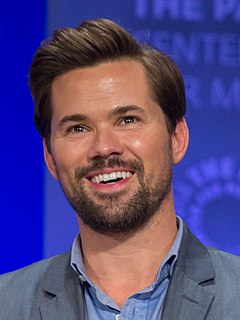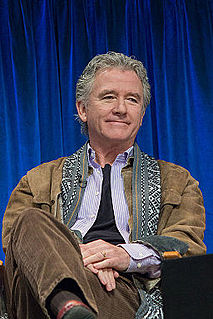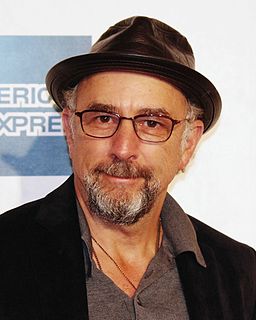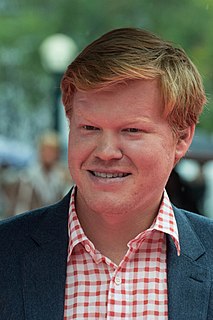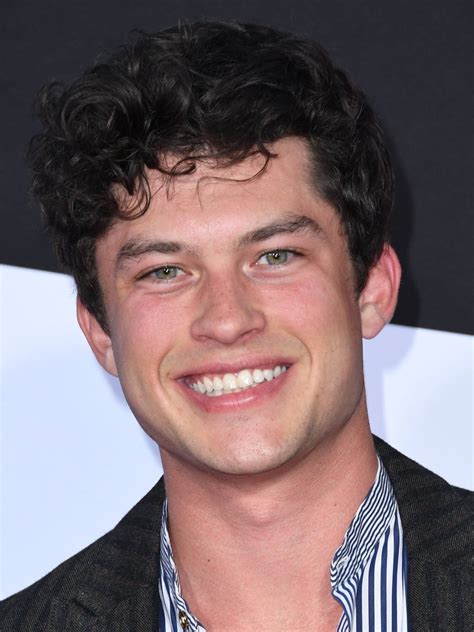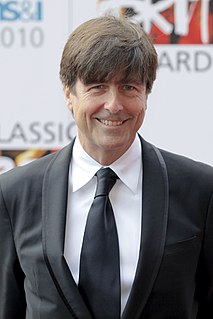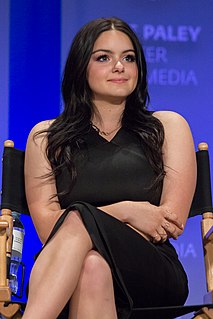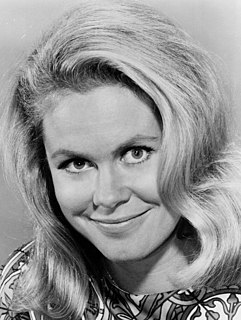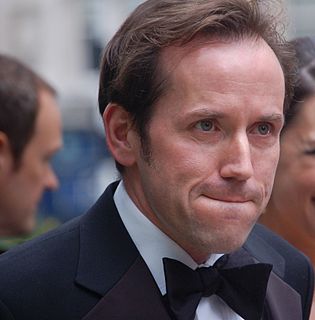A Quote by Zawe Ashton
Episodic TV is notoriously brutal because just when you think 'I've got this, I know this character' you can pick up the script for series four and you die in the first episode - or your character suddenly transitions from a woman to a man.
Related Quotes
We do want the freedom to move scenes from episode to episode to episode. And we do want the freedom to move writing from episode to episode to episode, because as it starts to come in and as you start to look at it as a five-hour movie just like you would in a two-hour movie, move a scene from the first 30 minutes to maybe 50 minutes in. In a streaming series, you would now be in a different episode. It's so complicated, and we're so still using the rules that were built for episodic television that we're really trying to figure it out.
Coming from the theater, you know what your given circumstances are every night and who your character is. You're reenacting this one moment of their lives over and over, so you get really good at figuring out how to navigate it. TV was a huge adjustment for me because the script changes every episode, and you have a different set of circumstances.
The last episode of Dallas was in '1991.' Unfortunately, it was a terrible episode to end the show on: it was a sort of 'It's a Wonderful Life' with Larry as the Jimmy Stewart character. In that episode, I was an ineffectual-schlep kind of brother, who got divorced three or four times and was a Las Vegas reject.
Playing a TV character for seven years is almost like when you do a play. You live, breathe, and everything else with that character 24-7 for six months or four months or whatever, and that gets very deep in your blood. When you do a TV character for seven years, that's a long time. It becomes a seminal era in your life.
'Friday Night Lights' was kind of like my college years because I did four seasons of that. It was my first series. It was the most time I had with one character, and kind of growing and evolving with the character over that long of a span of time, it just allows you to sort of learn in a completely different way that I had never experienced.





